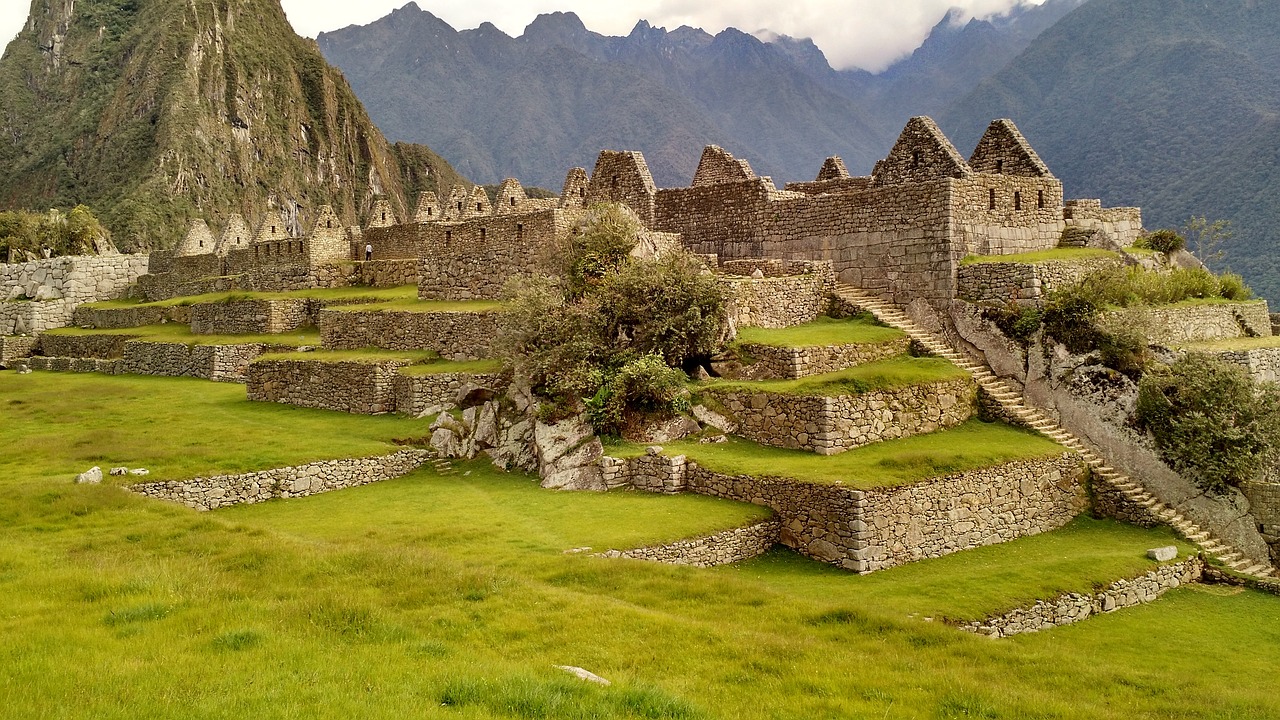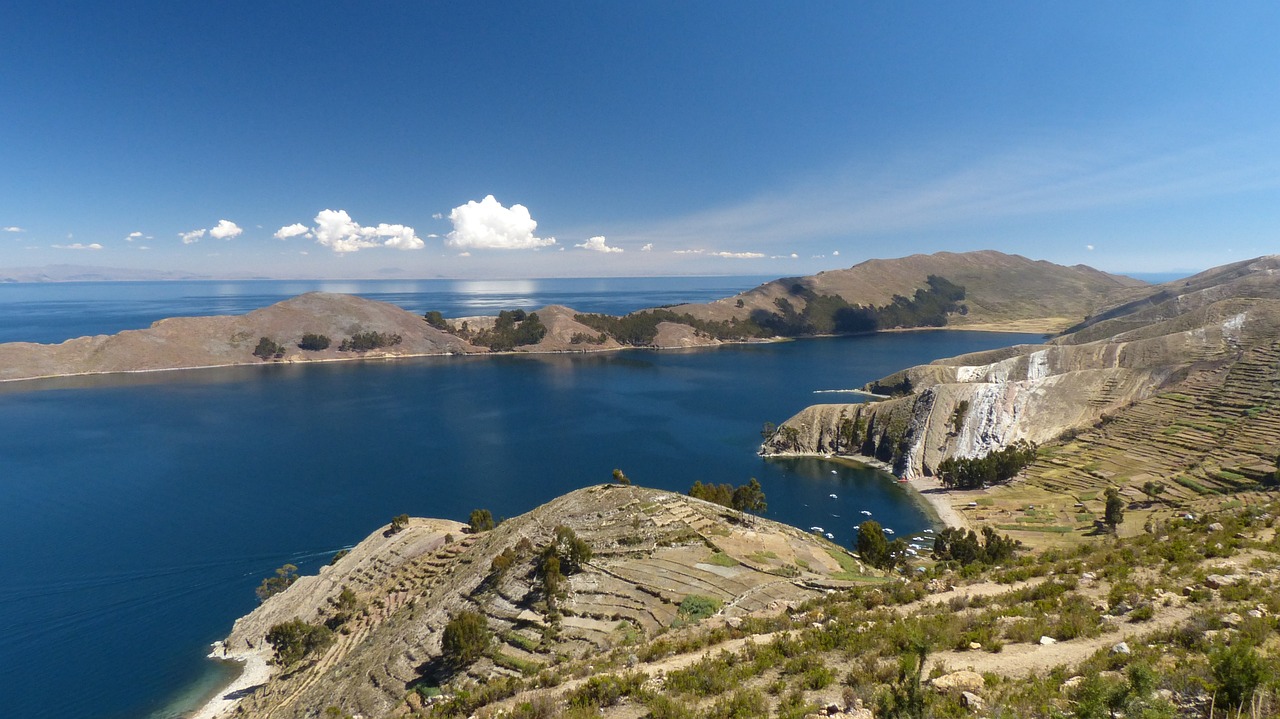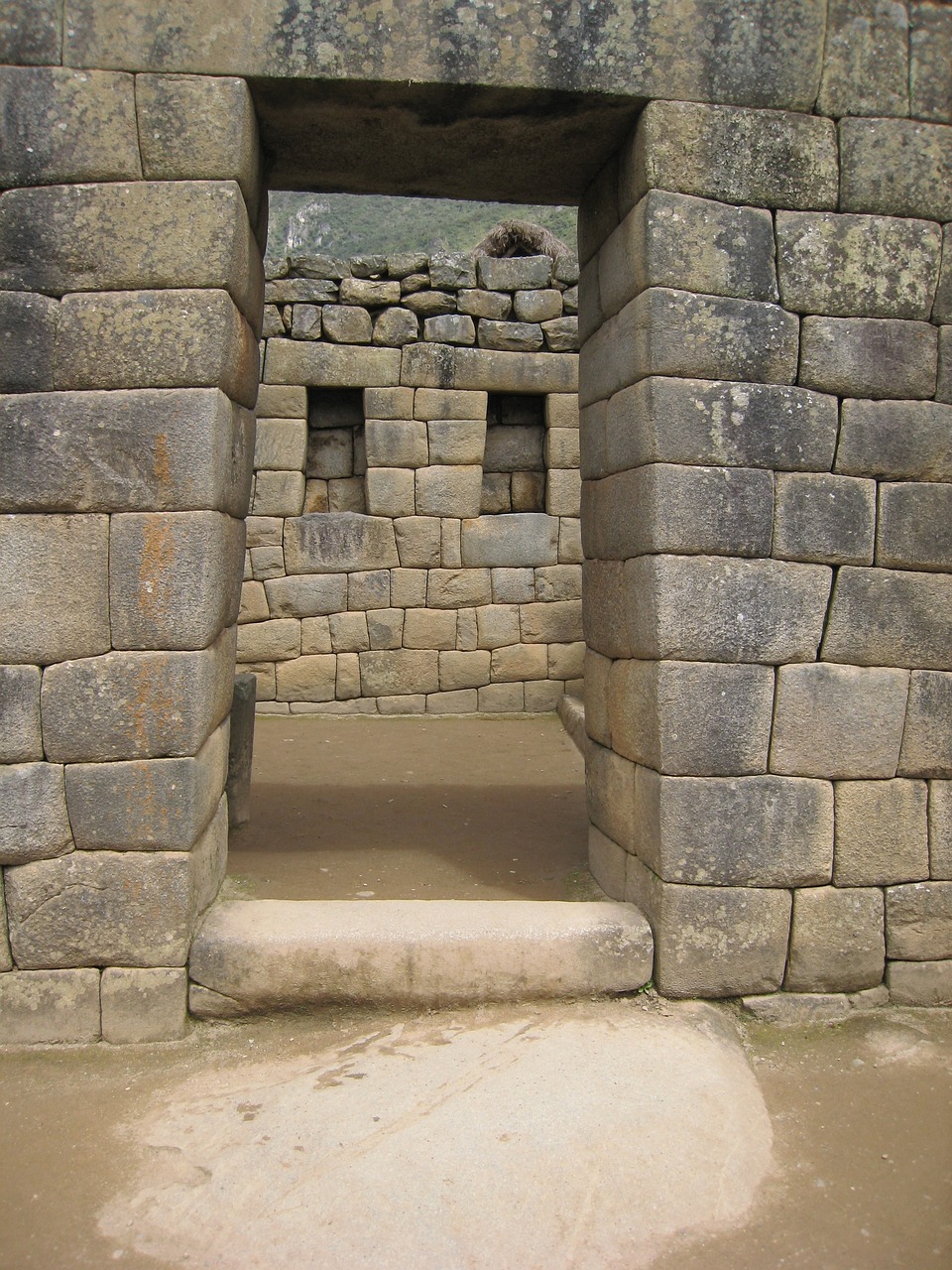Peru Video
Safety Tips for Remote Workers in Peru
Peru is a beautiful country known for its rich history, diverse landscapes, and vibrant culture. As a remote worker in Peru, it is important to prioritize safety to ensure a productive and enjoyable experience. Whether you are working from your accommodation or exploring the country while working, these safety tips will help you stay secure.
1. Research Your Accommodation
When choosing accommodation in Peru, it is essential to research the area and ensure its safety. Look for accommodations in reputable neighborhoods or areas recommended by fellow travelers. Reading reviews and checking the security measures provided by the accommodation can give you peace of mind during your stay.
- Check for 24/7 Security: Choose accommodations with security personnel or surveillance systems to enhance safety.
- Secure Entry Points: Ensure that the entrance to your accommodation is well-maintained and has secure locks.
- Location: Consider the location’s proximity to essential services, transportation, and emergency facilities.
2. Secure Your Belongings
Keeping your belongings safe is crucial while working remotely in Peru. Take precautions to protect your valuable items and digital devices.
- Use a Safe: If your accommodation provides a safe, utilize it to store your passport, extra cash, and other valuable items.
- Lock Your Devices: Set up passwords or PINs on your laptops, smartphones, and tablets to prevent unauthorized access.
- Avoid Flashy Displays: Keep expensive equipment out of sight when working in public areas to minimize the risk of theft.
3. Stay Aware of Your Surroundings
Maintaining situational awareness is crucial for staying safe in any location, including Peru.
- Stay Alert in Public: Be aware of your surroundings and stay attentive to any suspicious activities or individuals.
- Avoid Isolated Areas: Stick to well-populated and well-lit areas, especially during late hours.
- Trust Your Instincts: If something feels off or unsafe, trust your gut and remove yourself from the situation.
4. Use Reliable Transportation
Transportation in Peru can vary in terms of safety and reliability. It’s important to prioritize using trustworthy modes of transportation to minimize risks.
- Choose Licensed Taxis: Opt for registered taxis or rideshare services that have positive reviews.
- Share Trip Details: Inform a trusted friend or family member about your travel plans and share the details of your transportation.
- Public Transportation Safety: If using public transportation, be cautious of pickpockets and keep your belongings secure.
5. Be Cautious with Personal Information
Protecting your personal information is essential, especially when working remotely.
- Use Secure Wi-Fi: Avoid connecting to public Wi-Fi networks that may not be secure. Use a VPN for added protection.
- Be Mindful of Sharing: Be cautious when sharing personal information online or with strangers you meet during your travels.
- Monitor Financial Transactions: Regularly check your bank statements and credit card transactions for any unauthorized activity.
6. Stay Informed about Local Laws and Customs
Familiarizing yourself with the local laws and customs in Peru will help you navigate the country safely.
- Respect Cultural Norms: Research and respect the local customs, traditions, and dress codes to avoid inadvertently causing offense.
- Learn Basic Phrases: Learning a few basic Spanish phrases can help you communicate and navigate more comfortably.
- Emergency Numbers: Save the local emergency numbers in your phone and know how to reach the nearest embassy or consulate.
Peru Image 1:

7. Maintain Digital Security
As a remote worker, protecting your digital assets and data is crucial.
- Use Strong Passwords: Create unique and complex passwords for your online accounts to prevent unauthorized access.
- Keep Software Updated: Regularly update your operating system, antivirus software, and other applications to patch security vulnerabilities.
- Backup Data: Regularly back up your important files and documents to protect against data loss or theft.
8. Stay Informed about Health and Safety Risks
Being aware of potential health and safety risks in Peru is important for your well-being.
- Vaccinations: Consult with a healthcare professional to ensure you are up to date on recommended vaccinations for Peru.
- Food and Water Safety: Be cautious of consuming street food and drink only bottled or purified water to prevent foodborne illnesses.
- Natural Hazards: Familiarize yourself with the local weather conditions and potential natural hazards in the areas you plan to visit.
Peru Image 2:

9. Establish Emergency Contacts
Having emergency contacts readily available can be crucial in times of need.
- Local Emergency Services: Save the local emergency numbers, including police, fire, and medical services, in your phone.
- Embassy or Consulate: Know the contact information for your country’s embassy or consulate in Peru.
- Emergency Contacts Back Home: Share your itinerary and contact details with a trusted person back home.
10. Get Travel Insurance
Obtaining travel insurance is highly recommended when working remotely in Peru.
- Medical Coverage: Ensure your travel insurance includes medical coverage in case of illness or injury.
- Emergency Evacuation: Check if your insurance covers emergency medical evacuation in case of a serious medical condition or natural disaster.
- Lost or Stolen Items: Confirm if your insurance covers loss or theft of personal belongings, including electronic devices.
Peru Image 3:

11. Stay Connected with Others
Maintaining connections with fellow remote workers or locals can enhance your safety and provide valuable support.
- Join Online Communities: Engage with online communities of remote workers in Peru to exchange safety tips and recommendations.
- Network with Locals: Build connections with locals who can provide insights into safe areas and offer guidance when needed.
- Buddy System: When exploring unfamiliar areas, consider partnering with another remote worker or a trusted local.
12. Stay Flexible and Adapt
Flexibility and adaptability are key when working remotely in a new environment.
- Stay Informed: Keep up to date with travel advisories, local news, and any changes in safety recommendations.
- Be Open to Changes: Embrace unexpected situations and be prepared to adjust your plans if necessary for your safety.
- Trust Your Intuition: If a situation or location doesn’t feel right, trust your intuition and make the necessary changes.
Conclusion
Working remotely in Peru can be an incredible experience, but it’s important to prioritize safety. By researching your accommodation, securing your belongings, staying aware of your surroundings, using reliable transportation, being cautious with personal information, and maintaining digital security, you can enhance your safety as a remote worker. Additionally, staying informed about local laws and customs, health and safety risks, and establishing emergency contacts will contribute to a secure and enjoyable experience. Remember to stay connected with others, get travel insurance, and remain flexible and adaptable throughout your journey in Peru.
References
– Lonely Planet: www.lonelyplanet.com/peru
– U.S. Department of State: travel.state.gov/content/travel/en/international-travel/International-Travel-Country-Information-Pages/Peru.html
– World Health Organization: www.who.int/countries/per/en/


